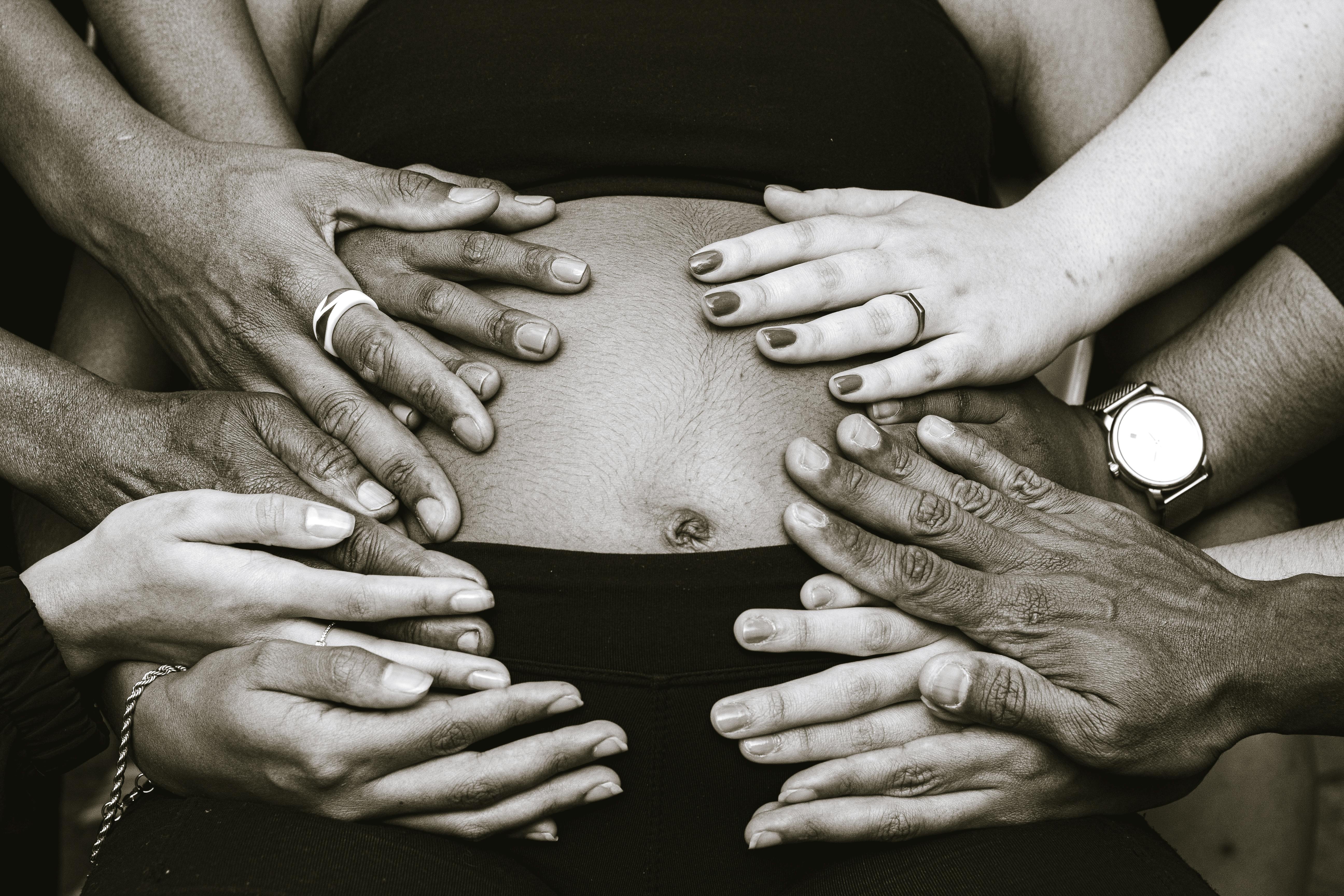Guide for Partners: Navigating the Second Trimester of Pregnancy

Understanding the complexities of the second trimester of pregnancy can be both thrilling and overwhelming for partners. This 'Guide for Partners: Navigating the Second Trimester of Pregnancy' is a comprehensive handbook designed to provide partners with a solid understanding and knowledge of the changes, challenges and symptoms the expectant mother may go through during this time, as well as valuable advice on how to provide unwavering support.
Understanding the Second Trimester
The second trimester often referred to as the 'honeymoon phase' of pregnancy, lasts from the 14th to the 27th week. It's a stage where many of the unpleasant symptoms of the first trimester such as morning sickness and fatigue tend to diminish. The expectant mother often experiences a boost in energy and mood, and a more noticeable baby bump. However, this phase has its own unique challenges and symptoms that partners must be alert to, in order to provide the necessary support.
Physical Changes and Symptoms in the Second Trimester
During the second trimester, the expectant mother's body undergoes numerous physical changes as it adapts to the growing fetus. One such change is the noticeable baby bump, which might lead to backaches due to the increased strain on spinal muscles. Regular gentle exercises and prenatal massages can offer relief.
Stretch marks may also occur due to the rapid stretching of the skin to accommodate the baby. While they can't be prevented, maintaining moisture with lotions may help reduce their severity. The hormonal fluctuations might cause Hyperpigmentation, leading to a dark line (linea nigra) appearing on the belly.
Increased hormonal activity might exacerbate pre-existing skin conditions and cause skin sensitivity. Opt for mild, fragrance-free skin care products to prevent irritation.
Drink plenty of fluids to address leg cramps and swelling in the legs and feet, common symptoms due to the increased blood volume. While these changes can be discomforting, they are usually normal parts of pregnancy, but any severe symptoms should always be reported to the healthcare provider.
Psychological Changes During the Second Trimester
While the second trimester is generally easier concerning physical symptoms, it's important not to disregard the psychological changes the expectant mother is going through. Hormonal changes can lead to mood swings, anxiety, and inexplicable emotional moments. Emotional support is crucial during this stage. Be patient, understanding and offer a listening ear when needed.
Do your best to attend prenatal classes and appointments, this not only shows your involvement but also helps you understand the pregnancy process better. Keep open and honest communication about your fears and concerns, and make sure both of you are on the same page in terms of birthing plans.
Navigating the Second Trimester as a Partner
Being there for the expectant mother in any capacity she needs is the pivotal role of a partner during the second trimester. Understand that she is going through a lot of changes, be patient, and empathetic. Help her manage her symptoms by ensuring she is comfortable, assisting with tasks such as shopping for maternity clothes, changing diet plans, and keeping the home environment stress-free.
Create memorable moments as you prepare for the arrival of your baby. Bond over baby rooms decoration, choosing names or shopping for baby gear. This stage is also a great time for you and your partner to spend quality moments together before the baby comes.
Educate yourself about the birthing process, the different stages of pregnancy, and newborn care. Don’t shy away from gaining knowledge about pregnancy as it not only helps you to better assist your partner but also prepares you for the journey of parenthood.
Conclusion
Support, education, understanding, and patience form the foundation of successfully navigating the second trimester of pregnancy. The journey to parenthood is, without a doubt, a transformative and enriching experience for both partners. Being this well-informed guide will not only make the journey smoother for the expectant mother but will also empower you to start your parental role on a strong footing.





